Deep Learning World Expert Round 3: Deep Learning 2.0
Date:
Monday, June 14, 2021
Time:
11:10 am
Track:
Summary:
1. Data Efficient Deep Learning Using Self-Supervised Learning (Igor Susmelj)
The availability of large datasets is one of the main drivers for machine learning. However, common approaches such as supervised learning from labels have become a bottleneck. Self-supervised learning is a new approach where we train models with proxy tasks that allow models to learn without explicit supervision and helps with downstream performance on tasks of interest. In this workshop we will look at modern approaches commonly used in self-supervised learning such as contrastive learning and train our own models. You will learn that we can directly influence learned feature invariance by introducing different data augmentation strategies.
2. Machine Learning on Graphs – Hands-on Approach & Current Challenges (Samuel Lopez Santamaria)
Graphs are mathematical objects used to model from social networks and financial transactions to interactions in quantum chemistry. In recent years, the interest in graph representation learning has grown intensely. Today, data scientists find a plethora of algorithms and tools at their disposal. Samuel provides a hands-on approach, surveying applications of graph learning, reviewing current challenges in the field and demonstrating which Python libraries are best suited to get started.
3. Clustering of COVID-19 Clinical Articles Using Graph Community Detection and Bio-BERT Embedding (Debasmita Das)
A lot of scientific attention got directed towards understanding causes of COVID-19 & impacts of the virus, resulting in large amount of research articles being published everyday. It is, thus, of particular importance to have a method to efficiently categorize such documents with minimum effort for smooth navigation. I will present a graphical network-based unsupervised clustering method on a corpus of scientific articles. Our approach is much simpler and is also computationally efficient.
